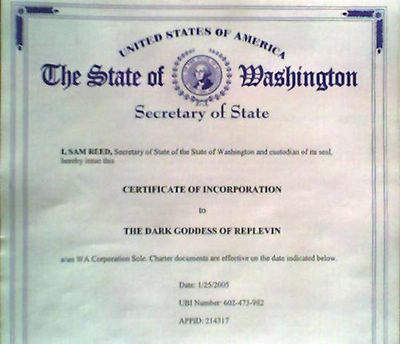I need to have a dilated eye exam every year because of one of my chronic conditions, and I'm due for that exam now.
I went to the same ophthalmologist for many years (as have my other family members who need eye doctorin'). He dropped out of our network last year, for which I do not blame him one bit.
Because I don't need my current doc's artistry with vision correction any more, having two bionic eyes, I found a new guy in the state to which I am moving by referral from my main provider in the new state a few weeks ago. I made an appointment for September (the earliest available) to establish that new, coordinated relationship.This was a little later than ideal, but I can live with it.
Found out yesterday, however, that our high deductible, which we have already satisfied for 2017, *resets* at the end of July. So my options are: (1) go back one last time to my long time guy, and pay the high out-of-network rate; (2) keep my September appointment with the new guy and pay his in-network rate, but applied towards our reset deductible; or (3) find a rando in-network before I move, and have a single eye exam at the cost of our modest co-insurance. It's a several-hundred dollar decision.
After due consideration, I conclude that establishing a relationship with my new eye guy next year rather than this year, since I'm not having eye problems right now, is probably not worth paying that much. Sigh.
The layer of complexity that financial considerations add to what should be a simple scheduling decision is exhausting at times.
I went to the same ophthalmologist for many years (as have my other family members who need eye doctorin'). He dropped out of our network last year, for which I do not blame him one bit.
Because I don't need my current doc's artistry with vision correction any more, having two bionic eyes, I found a new guy in the state to which I am moving by referral from my main provider in the new state a few weeks ago. I made an appointment for September (the earliest available) to establish that new, coordinated relationship.This was a little later than ideal, but I can live with it.
Found out yesterday, however, that our high deductible, which we have already satisfied for 2017, *resets* at the end of July. So my options are: (1) go back one last time to my long time guy, and pay the high out-of-network rate; (2) keep my September appointment with the new guy and pay his in-network rate, but applied towards our reset deductible; or (3) find a rando in-network before I move, and have a single eye exam at the cost of our modest co-insurance. It's a several-hundred dollar decision.
After due consideration, I conclude that establishing a relationship with my new eye guy next year rather than this year, since I'm not having eye problems right now, is probably not worth paying that much. Sigh.
The layer of complexity that financial considerations add to what should be a simple scheduling decision is exhausting at times.
